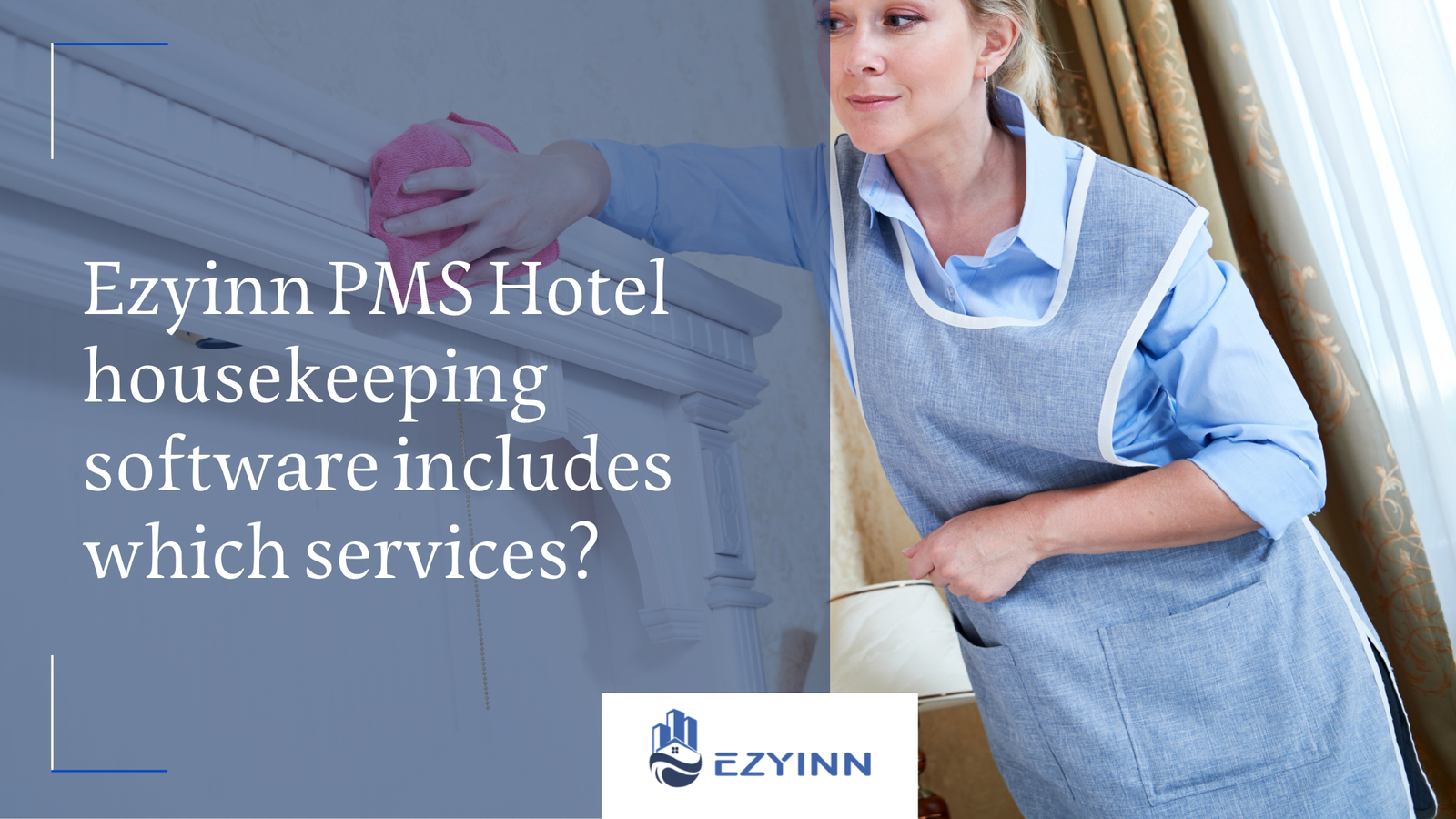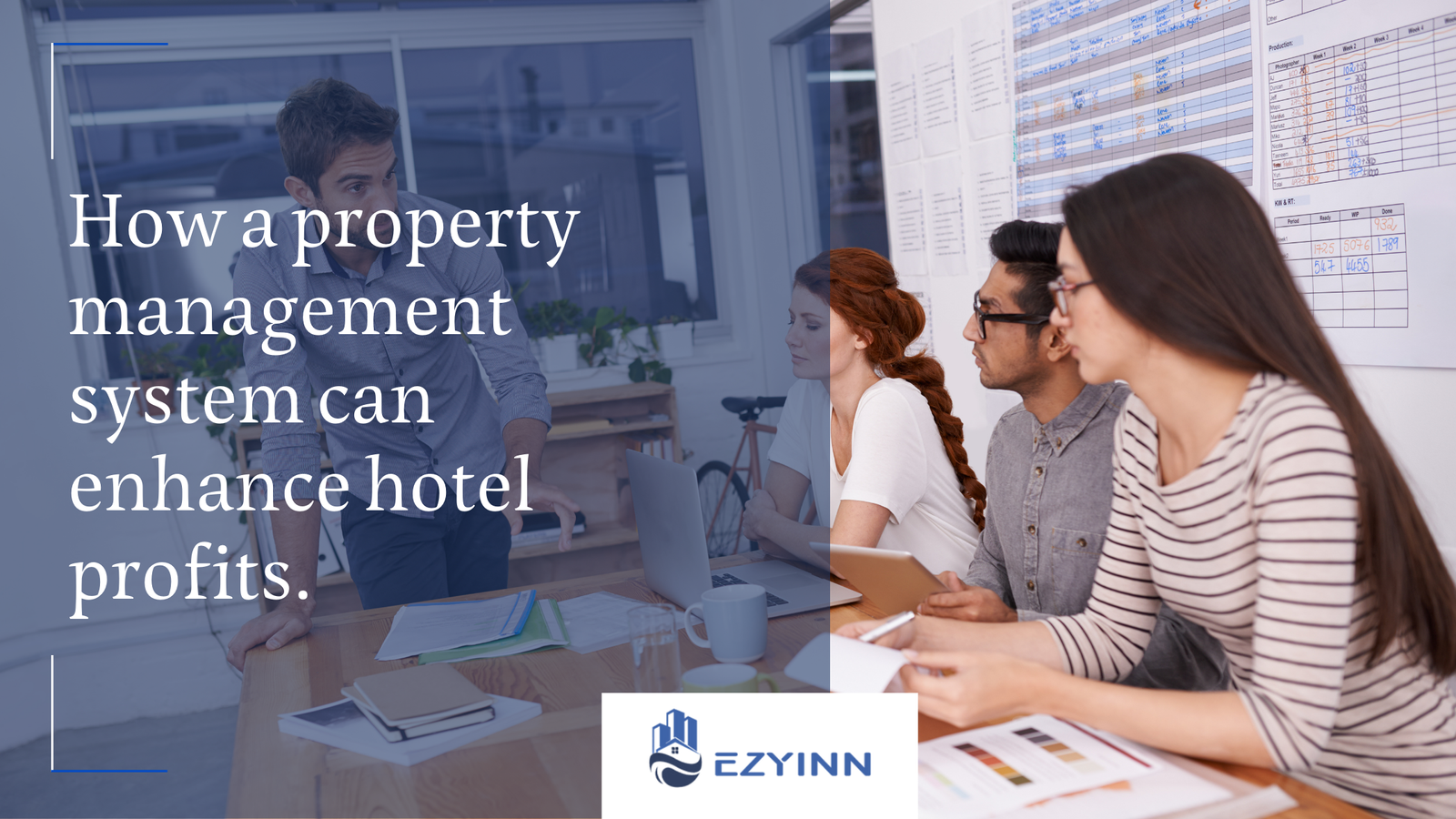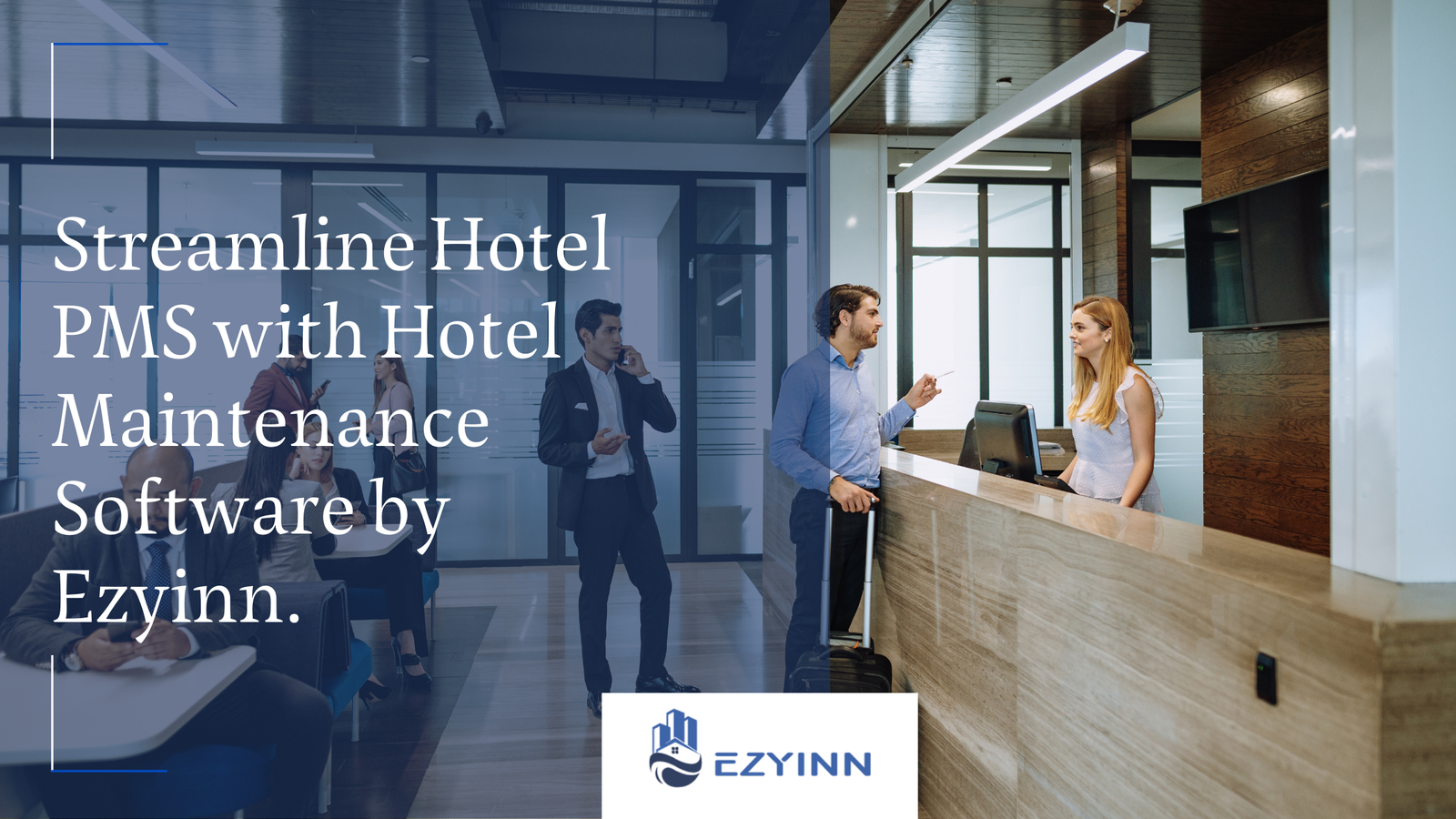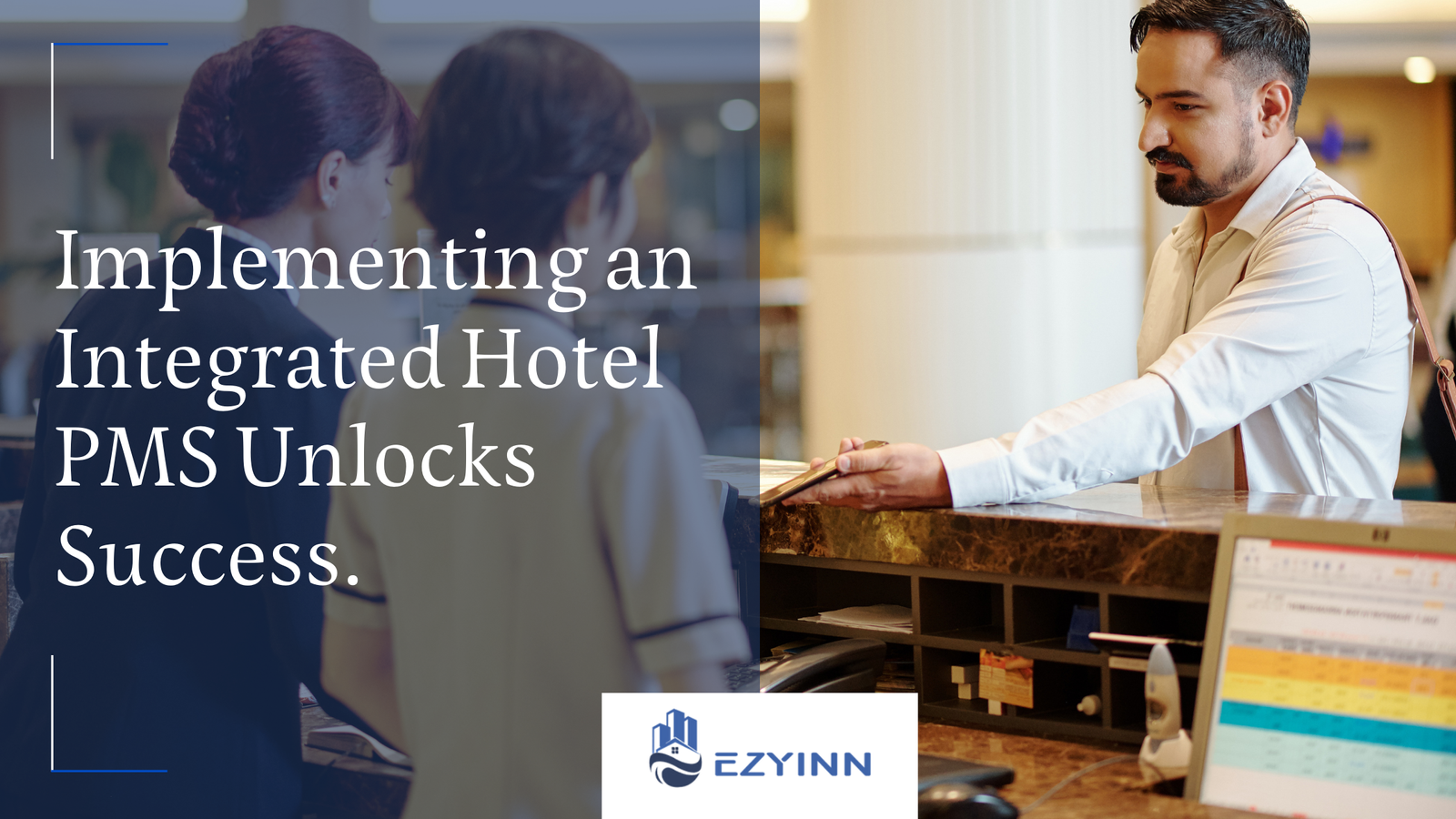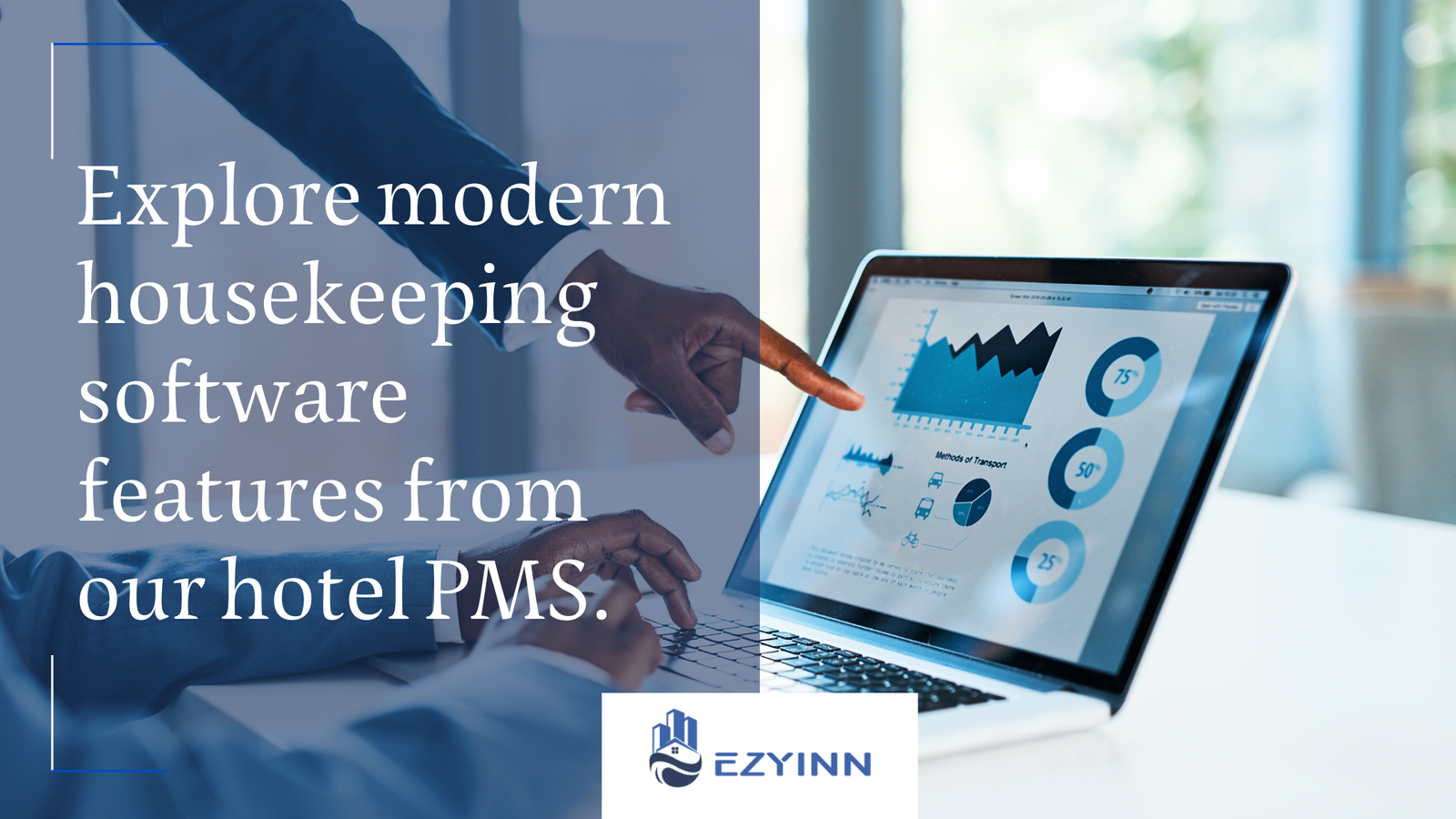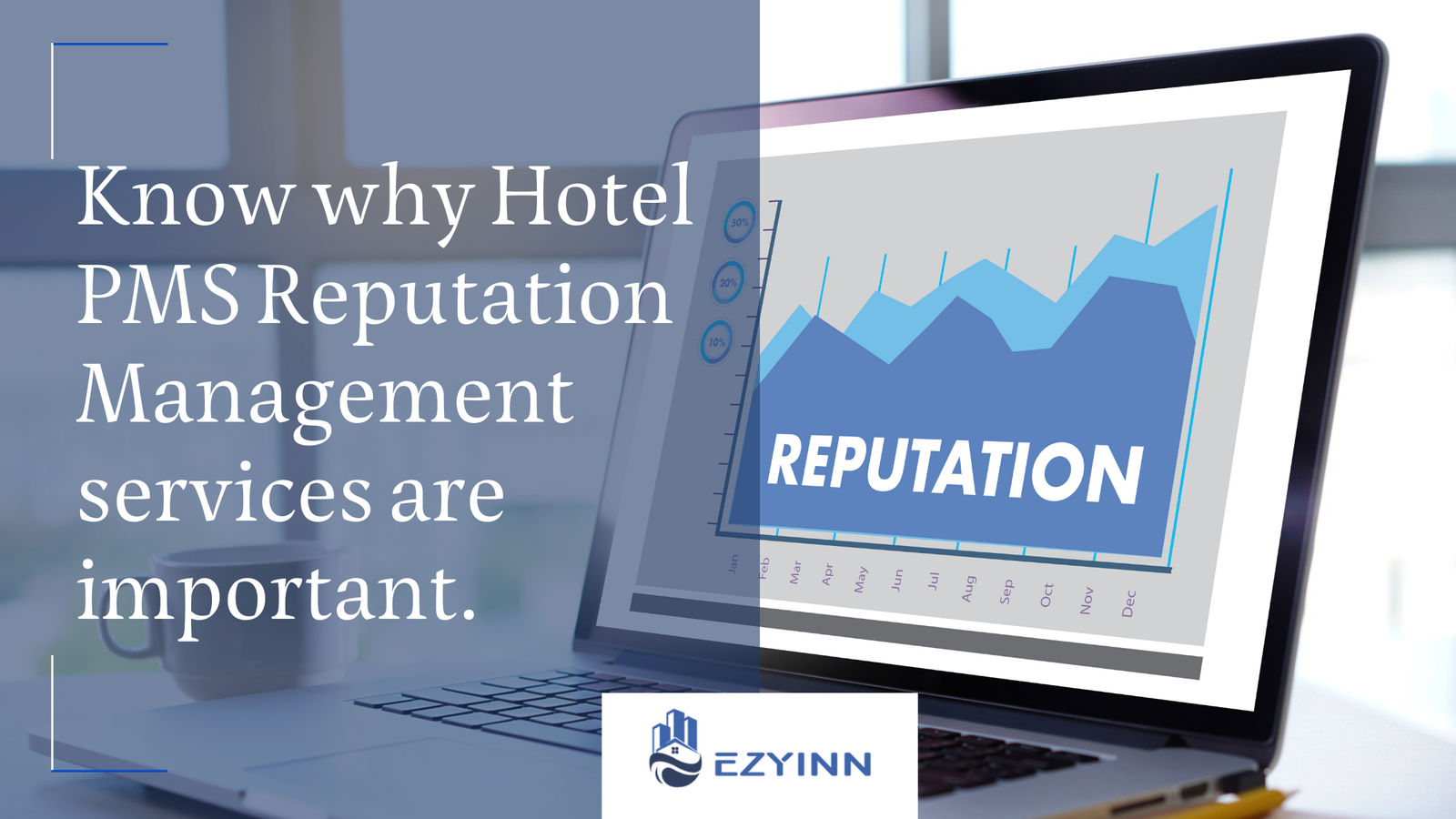More than 70 years ago, hotel reservations were made and tracked using a paper book. In the late 1980s and early 1990s, standard hotel property management systems were developed and implemented by larger hotel chains, automating many of the tasks that hoteliers had previously handled manually, such as tracking reservations and check-ins and check-outs.
What Role Does A PMS Have in Hotels Today?
Currently, a PMS is integral to the core function of a hotel’s operations and manages everything on an enterprise and guest-facing level. In most cases, it is a dynamic platform that assists hoteliers in streamlining and managing day-to-day hotel operations, back-office functions, and strategic decisions, as well as enhancing the guest experience, driving revenue, and maximizing profitability.
What Further Evolution Can Hoteliers Expect from A PMS?
The short answer is a great deal. Soon, hoteliers can anticipate significant growth and innovation in the following areas of a property management system:
- Cloud-Based Technology
Large, noisy, on-premises software and server rooms are nearly obsolete. In recent years, cloud-based software has become increasingly popular in the hospitality industry, and it is radically altering the way hoteliers conduct business. Cloud computing offers several advantages and benefits over traditional client-server systems, and hoteliers will find that making the switch can significantly boost productivity and profitability.
Cloud-based hotel software can positively impact the hospitality industry; here’s a quick summary of some of the benefits:
- Cost savings
- Easy updates and customizations
- Increased data security
- Increased mobility
- Increased productivity
- Interfacing to Third-Party Vendors
Numerous PMS platforms already can interface and integrate with other third-party vendors, enabling hotels to build a “tech ecosystem” comprised of multiple tools such as a PMS, CRM, CRS/GDS, etc.
Open APIs enable seamless third-party integration (which means the programming of the PMS platform is open to communicate and interact with the open programming of the third-party vendor). Open APIs make any technology more flexible, scalable, and robust and are quickly becoming essential to any PMS platform, allowing hoteliers to mix and match solutions as needed. Thus, APIs can revolutionize PMS and other hotel software.
- Building Out a Tech Stack
Further to the preceding point, utilizing the power of an agile, centralized property management system to communicate directly with a stack of complementary interfaces and integrations can assist in repairing broken, manual processes that can drive both hotel employees and guests insane.
Investing in and developing a tech stack that works with a PMS will enable hoteliers to transform the entire hotel experience for back-office employees, front-facing employees, and guests.
The hospitality industry is amid a period of transition as it strives to accommodate its tech-savvy clientele. This will lead to continued transformation and the development of even more dynamic technology solutions by PMS vendors and their partners. Contact us at (408) 715-3635 for more information on how Ezyinn can help your business with a perfect property management system.
